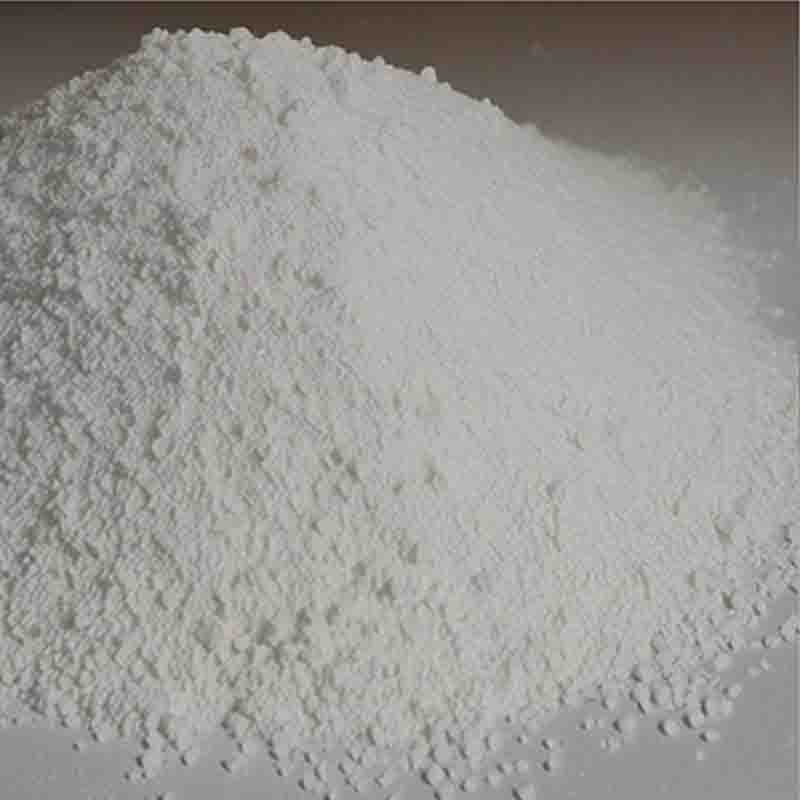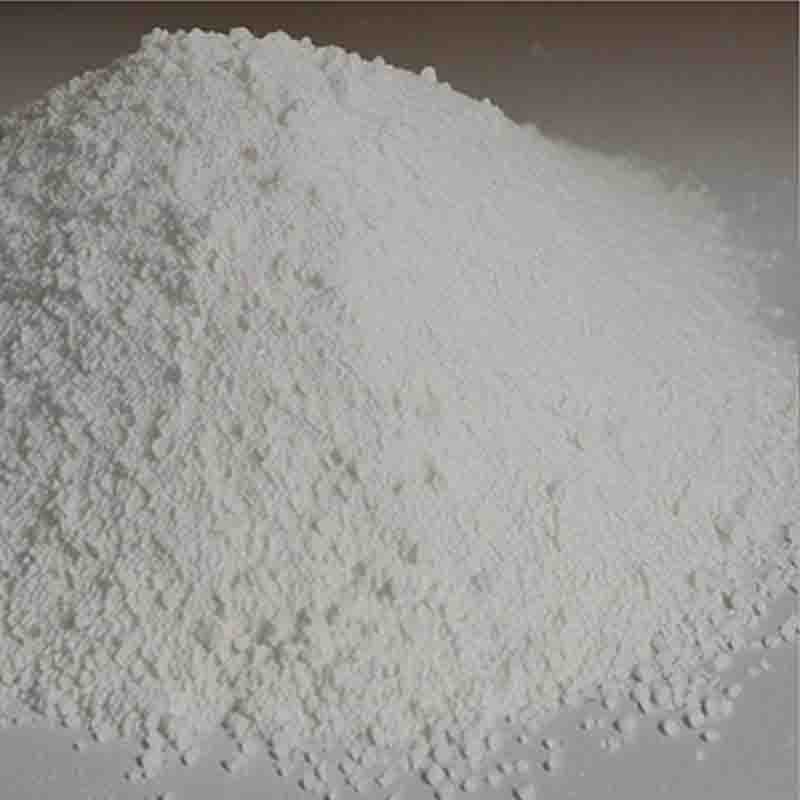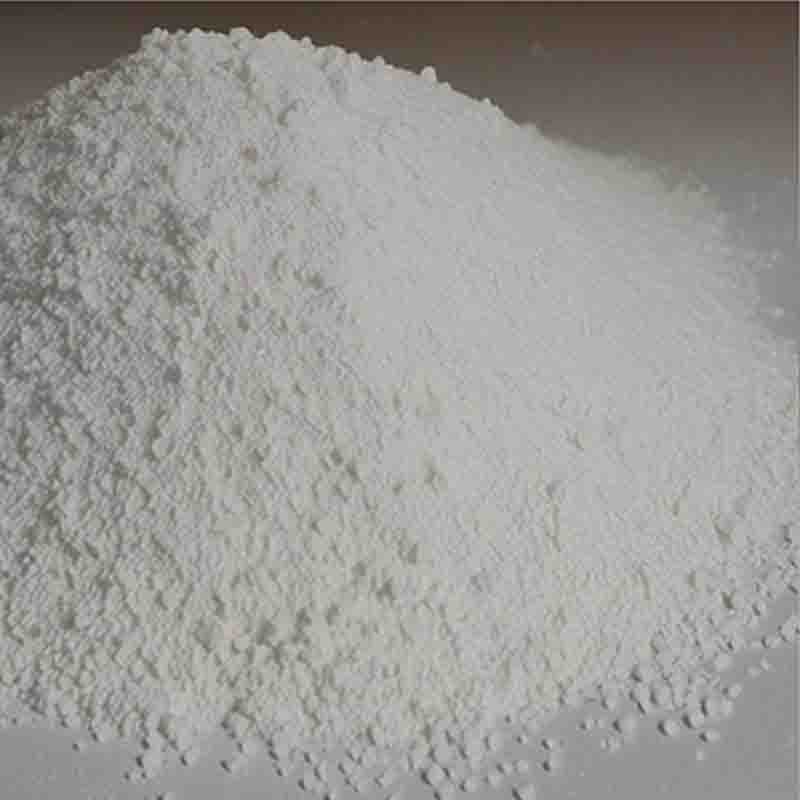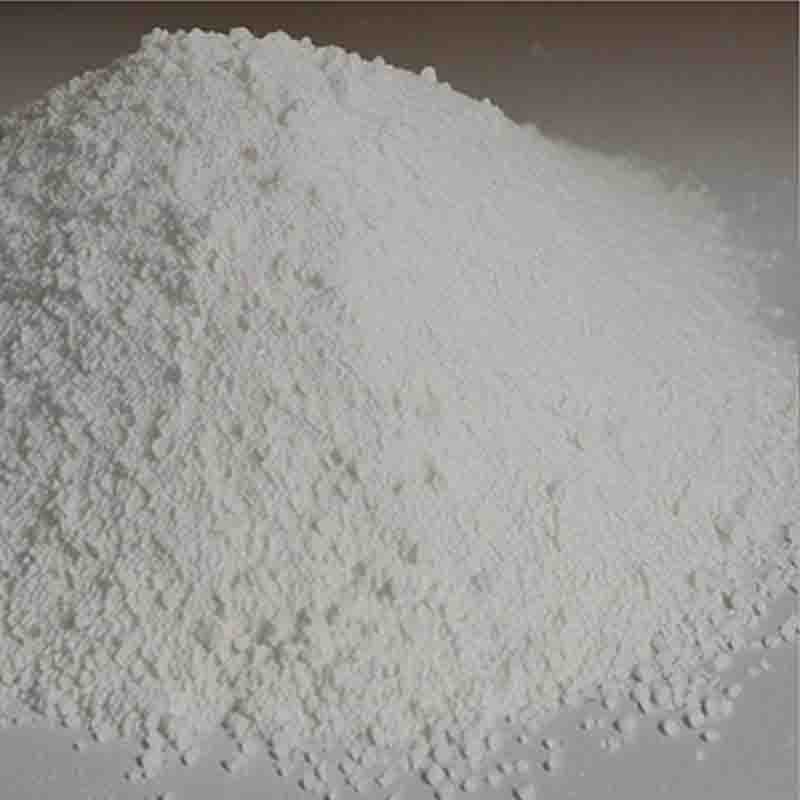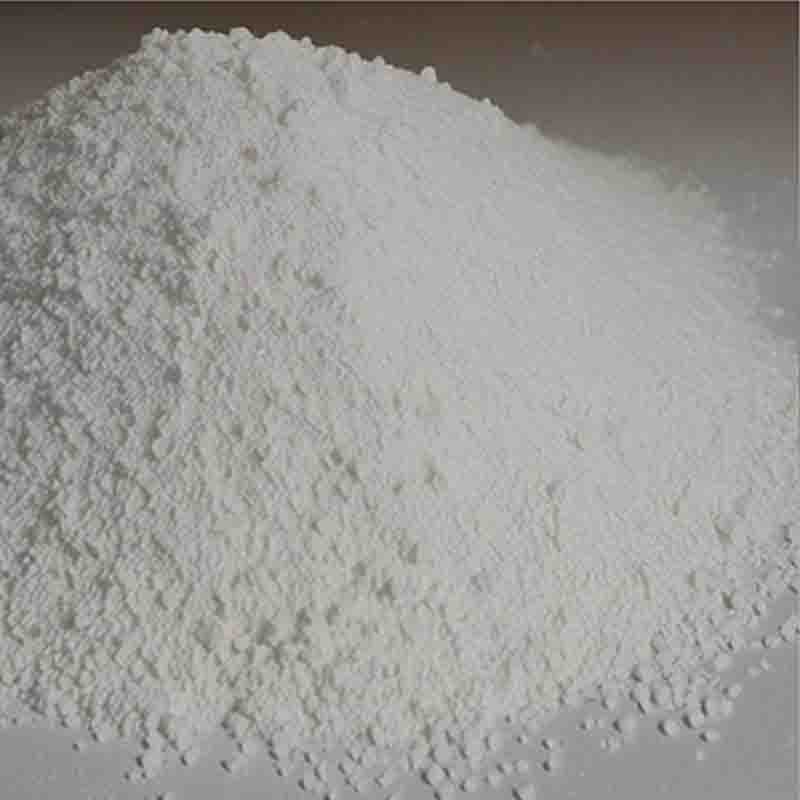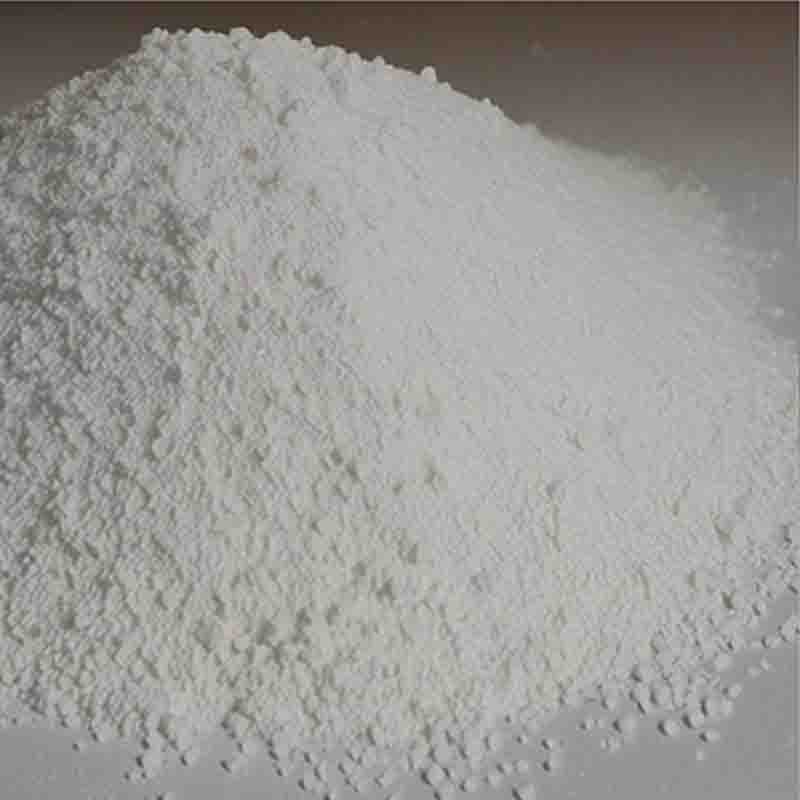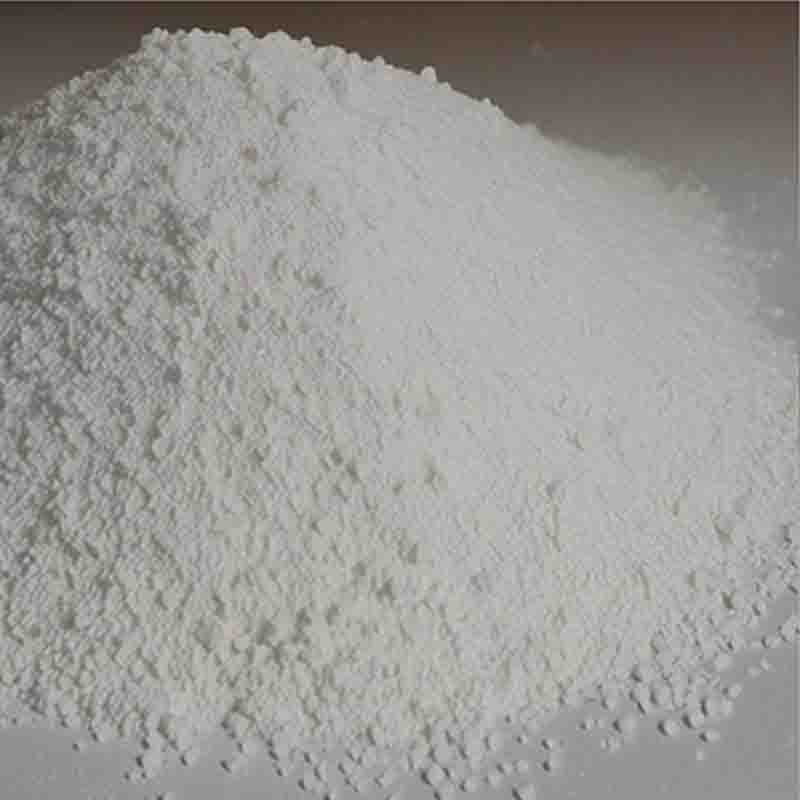Acryloyl chloride CAS: 814-68-6
| Catalog Number | XD94163 |
| Product Name | Acryloyl chloride |
| CAS | 814-68-6 |
| Molecular Formula | C3H3ClO |
| Molecular Weight | 90.51 |
| Storage Details | Ambient |
Product Specification
| Appearance | White powder |
| Assay | 99% min |
Acryloyl chloride, also known as 2-propenoyl chloride, is an organic compound with the chemical formula CH2=CHC(O)Cl. It is a versatile reagent that is widely used in organic synthesis, particularly in the production of polymers, pharmaceuticals, and specialty chemicals.One of the main applications of acryloyl chloride is in the synthesis of acrylate monomers. Acrylates are esters derived from acrylic acid and are essential building blocks for the production of polymers, such as polyacrylates. Acryloyl chloride reacts with alcohols, such as methanol or ethanol, to form acrylate esters through an esterification reaction. These acrylate monomers are then used in the production of coatings, adhesives, and elastomers, offering properties like flexibility, toughness, and chemical resistance to the resulting polymers.Acryloyl chloride is also used as a cross-linking agent in the production of polymers. Cross-linking agents are molecules that enable the formation of covalent bonds between polymer chains, resulting in the creation of a three-dimensional network. Acryloyl chloride can react with a variety of functional groups, including amines, in the presence of a catalyst to form cross-linked polymers. This process is used in the production of coatings, sealants, and composites, providing enhanced mechanical properties and thermal stability.Furthermore, acryloyl chloride is employed in the synthesis of pharmaceutical intermediates. It can react with various functional groups, such as amines, alcohols, and thiols, to form acryloyl derivatives that have specific biological activities. These derivatives are utilized as building blocks in designing new drugs and compounds for medicinal purposes.In addition to its role in polymer production and pharmaceutical synthesis, acryloyl chloride is used in the production of specialty chemicals. It can be reacted with nucleophiles, such as water or ammonia, to form hydroxy or amino compounds. These derivatives find applications as surfactants, dispersants, and additives in various industries, including coatings, personal care products, and water treatment.Acryloyl chloride's reactivity and versatility make it a valuable tool in organic synthesis and the manufacturing of a wide range of products. Its ability to form acrylates, act as a cross-linking agent, and participate in reactions for pharmaceutical intermediates and specialty chemicals have established it as an important compound in the chemical industry.


